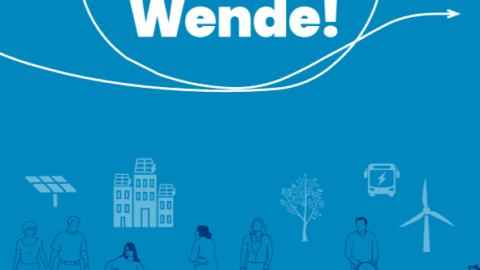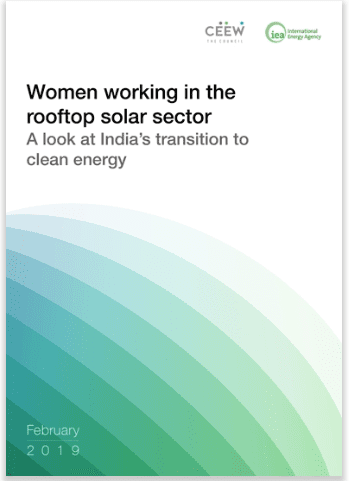The REN 21 Renewables 2020 Global Status report provides a comprehensive overview of global developments in renewable energy markets, investments and policies in 2019.
Some of the key findings from the report include:
- There was only a moderate increase in the overall share of renewables in total final energy consumption (TFEC). As of 2018, modern renewable energy accounted for an estimated 11% of TFEC. This is only a slight increase from 9.6% in 2013.
- In 2019, the private sector signed power purchase agreements (PPAs) for a record growth of over 43% from 2018 to 2019 in new renewable power capacity.
- Despite significant progress in the power sector, the share of renewables in heating, cooling and transport continued to lag far behind due to insufficient policy support and slow developments in new technologies.
- Although CO2 emissions remained stable in 2019, the world is not on track to limit global warming to below 1.5 °C as stipulated in the Paris Agreement.
- Climate change policies that directly or indirectly stimulate interest in renewables increased in 2019, spreading to new regions and reaching new levels of ambition.
- Among the general public, support for renewable energy continued to advance alongside rising awareness of the multiple benefits of renewables, including reduction of carbon dioxide (CO2) emissions. By year’s end 1,480 jurisdictions – spanning 28 countries and covering 820 million citizens – had issued “climate emergency” declarations.
Download the report here: Renewables 2020 Global Status report
Download the key findings here: Key Findings of the Renewables 2020 Global Status report key findings











